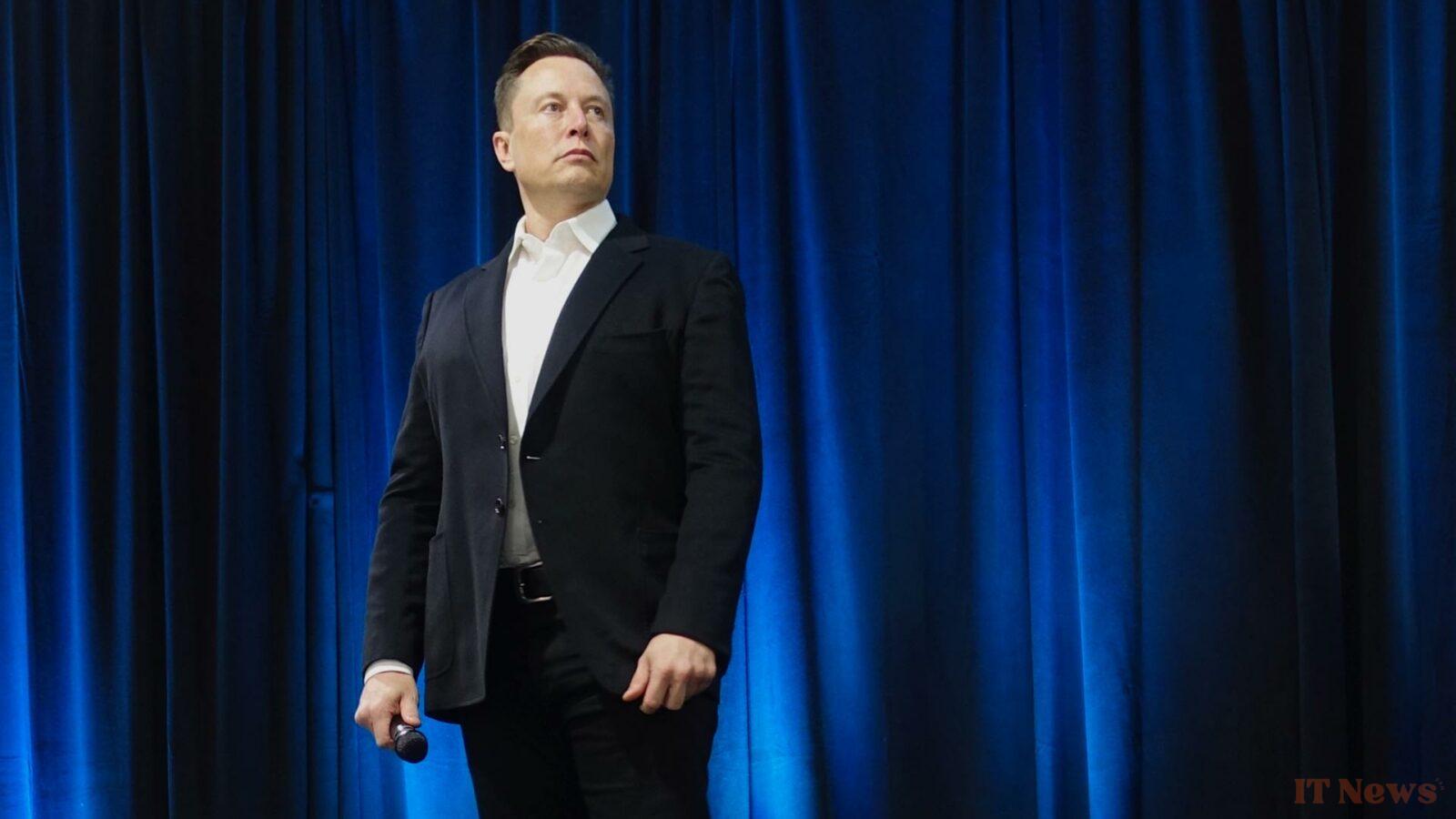Since Friday, June 13, the sound of explosions has been echoing across Iran. The Israeli offensive on strategic Iranian sites, including in the capital Tehran, has triggered a military escalation that has already left dozens dead and hundreds injured on both sides. The Iranian authorities' response was swift, and as is often the case, it has also taken on a digital dimension. Tehran has decided to drastically restrict its citizens' access to the internet. In recent hours, Iranian media even mentioned a widespread internet disruption in the country. "Internet users in several provinces are reporting widespread internet disruptions," specifies the daily Ham Mihan, with other media outlets reporting similar information.
Officially relieved of his duties since his stormy departure from Donald Trump's administration, Elon Musk has decided to intervene. Directly challenged on his own social network, X, by a user who implored him to "put an end to the Iranian regime" by countering censorship, the Tesla and SpaceX boss did not hesitate to respond: "The beams are activated".
The famous billionaire's latest coup is much more than a simple technical announcement. In a single tweet, Elon Musk confirmed the deployment of his constellation of thousands of satellites in low orbit to provide a digital exit for Iranians, a breach in the fortress of censorship erected by the mullahs. For a population accustomed to juggling VPNs and encrypted messaging services like Signal, especially since the major uprisings of 2022, the arrival of Starlink could be a game-changer.
According to industry analysts, nearly 20,000 Starlink terminals are already operating clandestinely in Iran, fueling a black market for information. The billionaire's official activation of the service therefore acts as a formidable amplifier for this parallel network. The Direct-to-Cell feature, which allows a smartphone to communicate with a satellite, is also operational.
After Ukraine, Elon Musk interferes in the conflict between Israel and Iran
This is not the first time that the Tesla boss has played the white knight of internet access. We remember his major role in Ukraine where, from the first days of the Russian invasion, the activation of Starlink allowed the army and civilians to stay connected despite the destruction of local infrastructure. In a completely different register, Starlink also distinguished itself during the impressive power outage in Spain and Portugal. The idea is not new in Iran either, since at the end of 2022, Elon Musk had already announced the deployment of around a hundred terminals to help protesters circumvent censorship.
This new initiative, in a context of open war, takes on a whole new dimension. It raises a fundamental question about the power of tech giants, capable of intervening in interstate conflicts with an agility that no government organization can match. It also serves as a reminder that war is no longer fought solely with drones and missiles, but also in space and on the airwaves.



0 Comments